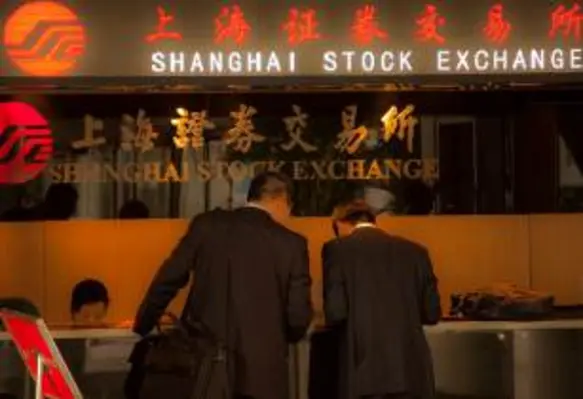China’s slowing economic growth and a bleak outlook is the main cause for volatility in global oil prices, finds a survey
The Gulf Intelligence Survey questioned 200 industry professionals, and 32 per cent of them said that China’s economic performance, its worst in a quarter of a century, is the trigger for uncertainty in the global energy markets.
After years of stability above US$100 per barrel, Brent crude lost half its value in the second half of 2014. This was followed by a rally of about 50 per cent which shed most of its gains over the summer. The uncertain outlook has triggered the cancellation of many projects, jeopardising much-needed investment in long-term oil production capacity globally.
According to 56 per cent of the respondents of the survey, Brent crude prices will continue to experience dramatic swings through 2016. Its average price is expected to average in the US$50 range, according to 42 per cent of the respondents, while 24 per cent forecast a more optimistic average in the US$60 range.
The Chinese government is targeting a growth rate of seven per cent for this year. Producer prices fell 5.4 per cent in July, credit to the real economy plunged and consumer inflation remains at about half the target of three per cent this year. Many analysts believe that the Chinese government is exaggerating current growth rates, with independent analysis claiming they are closer to six per cent.
“We know that there will be an end point to the uncertainty as oil markets will balance again when increase in global demand is large enough to offset growth in supply,” said Christof Rühl, global head of research at Abu Dhabi Investment Authority, reacting to the survey results. “It is important to understand the transition of the Chinese economy is what China terms as the rebalancing of the economy away from industrial sector towards more service sector towards and more light economic activity,” he added.
Faced with increasing shale oil production from the US, OPEC decided last November not to curtail supply to increase prices, and instead chose to maximise production to protect market share. The uncertain commitment by the oil exporters group to maintain this strategy is the main cause of volatility in the oil markets, according to 31 per cent of the survey respondents.







